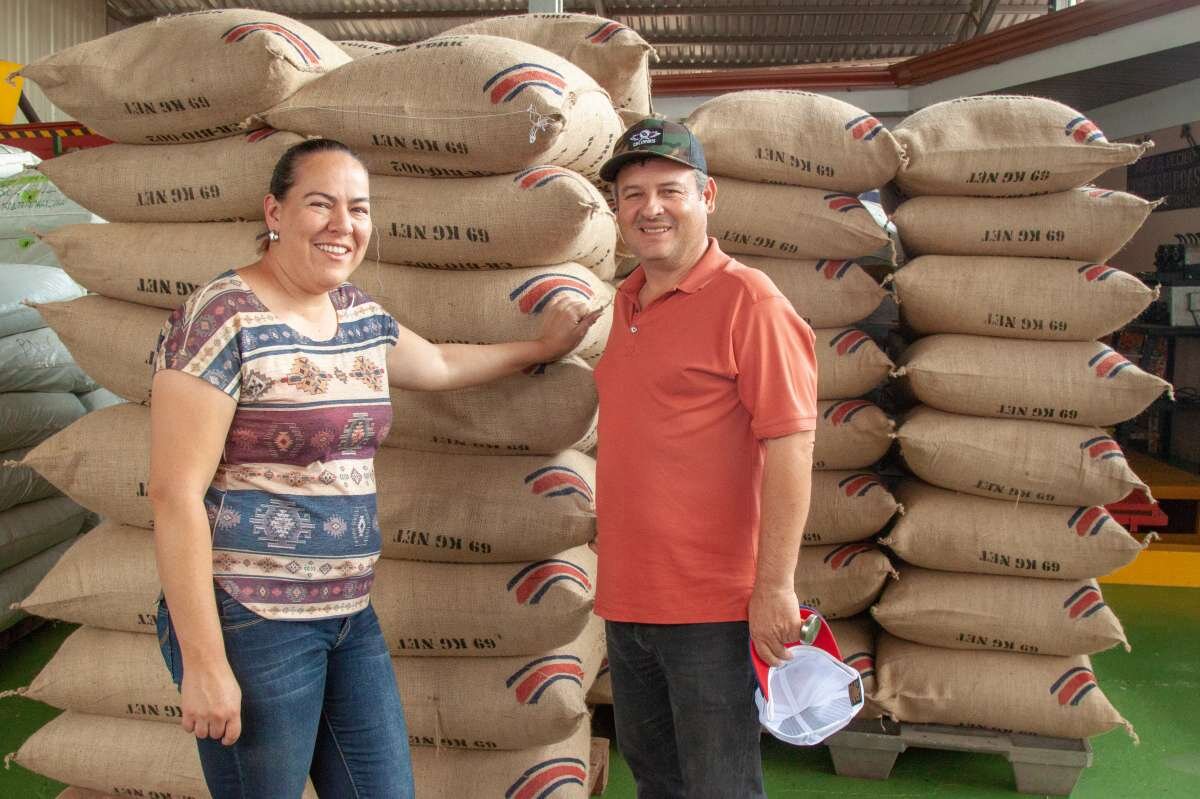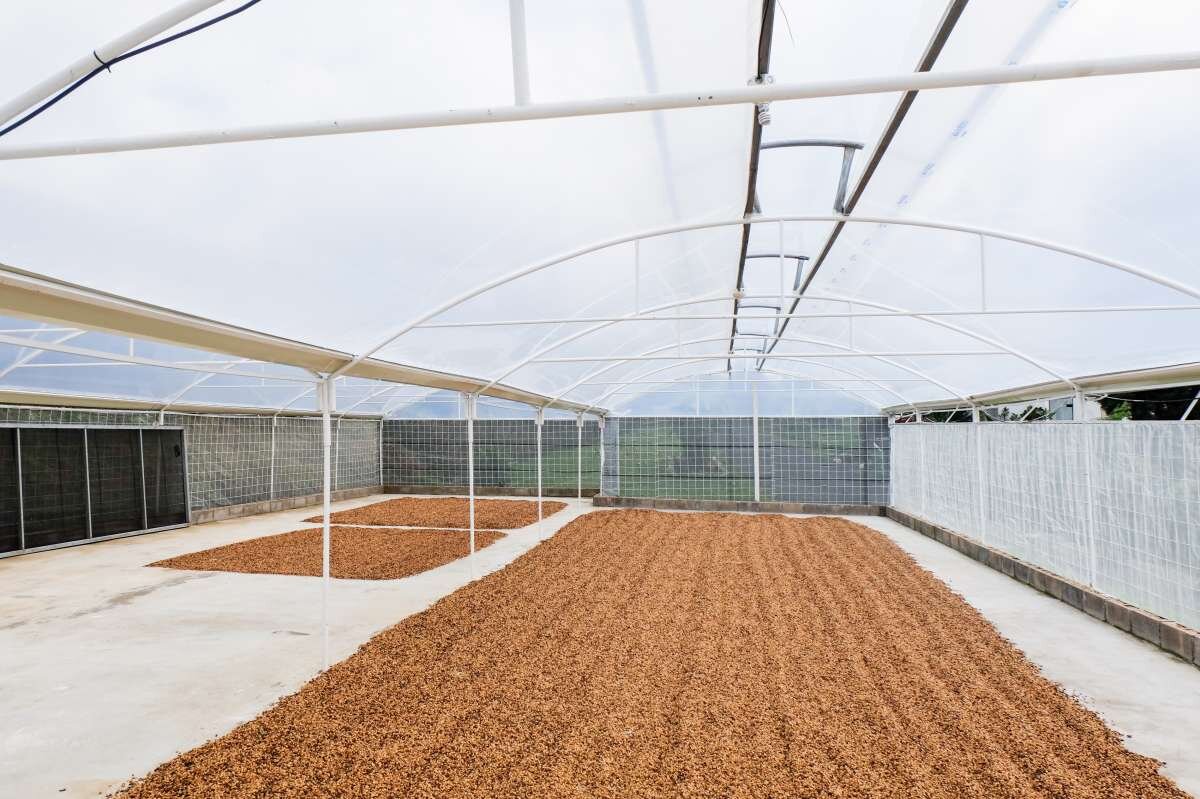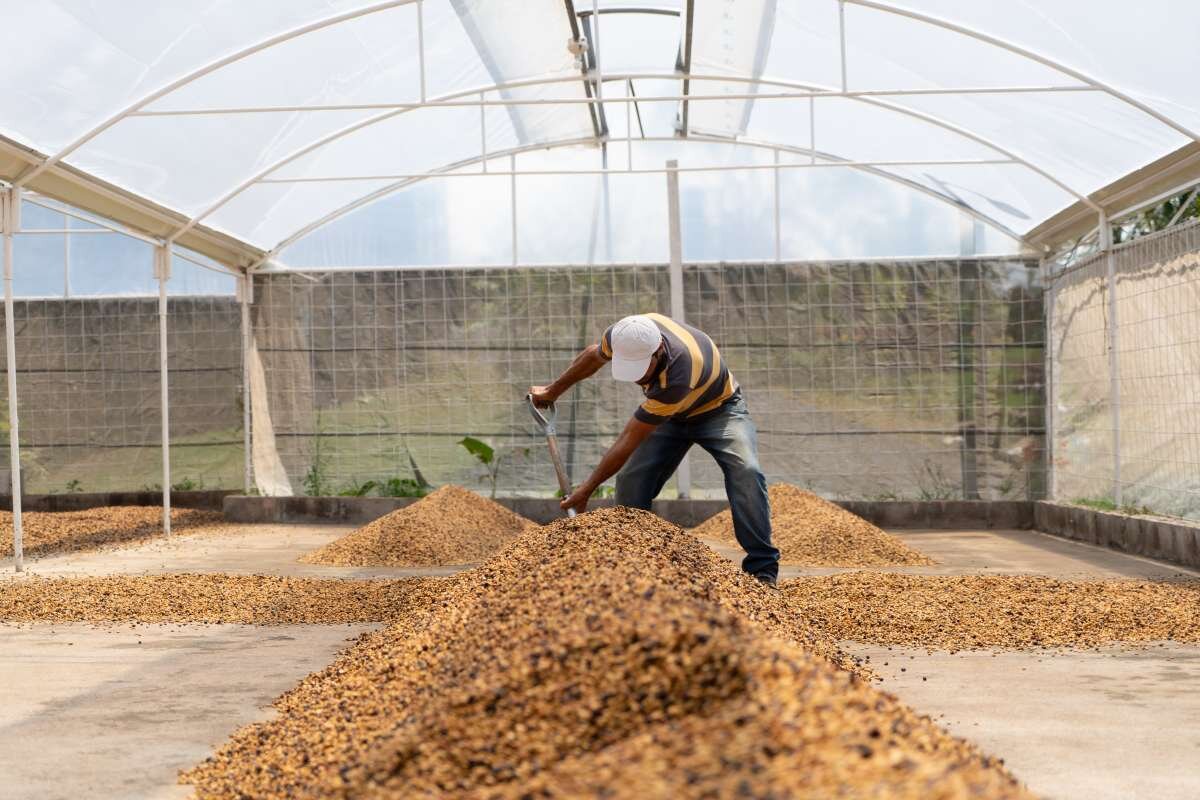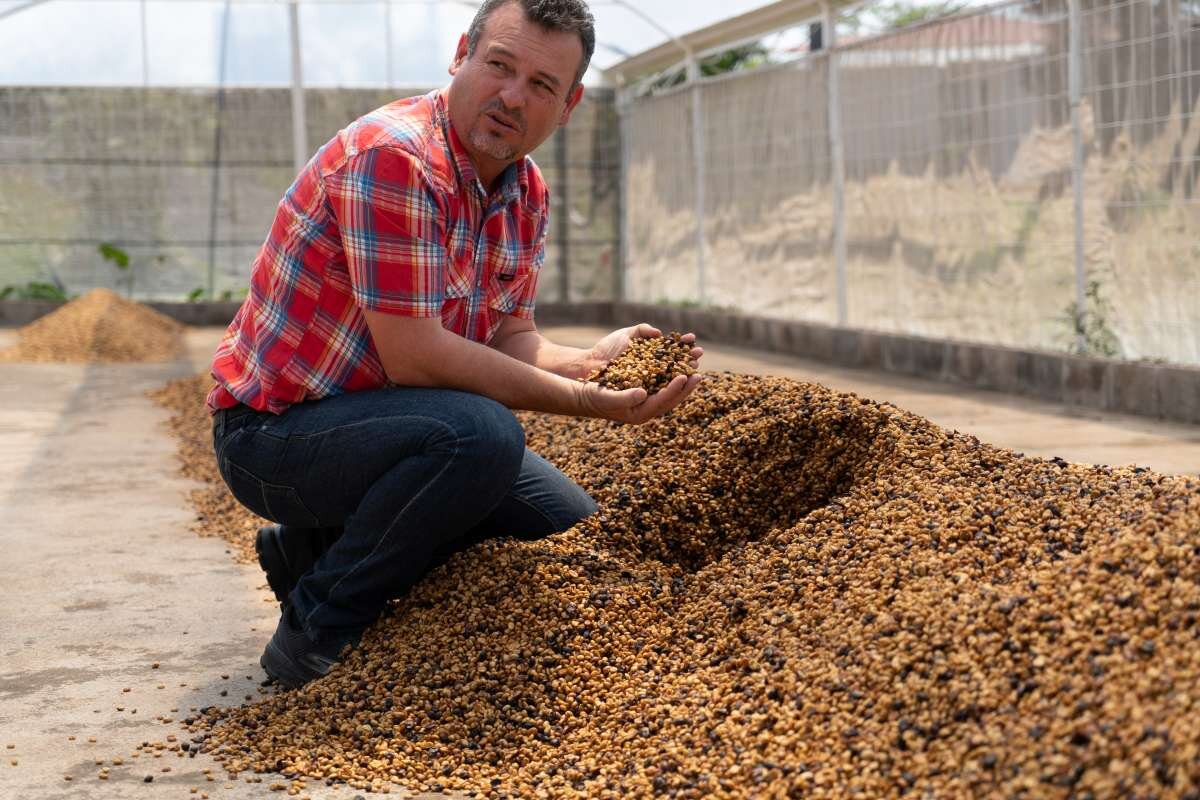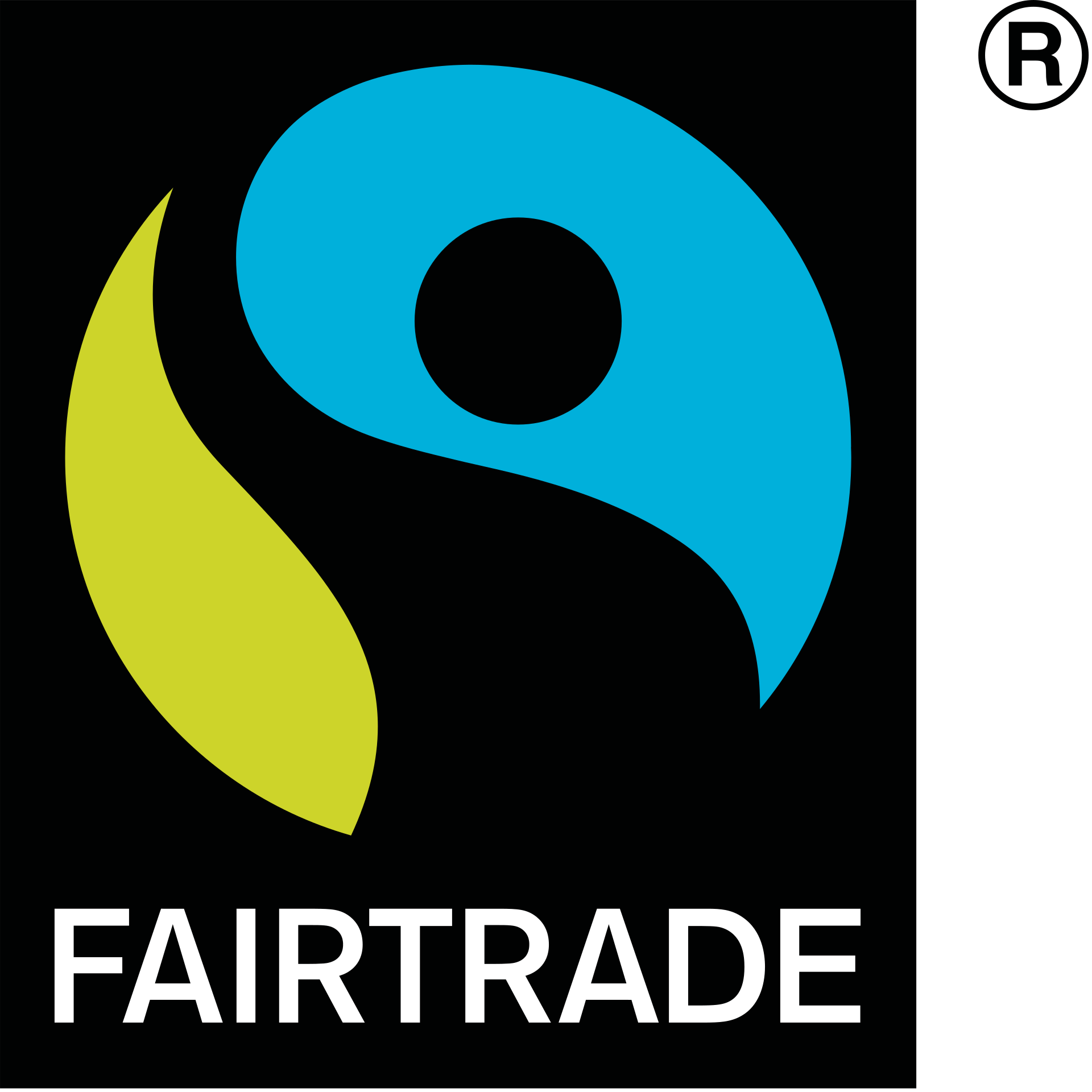Conscious Cup Coffee Roasters has opened a 5700sf coffee roasting and tasting laboratory in Crystal Lake. The company is in process of remodeling its Crystal Lake and Barrington cafes.
One difference between your local craft-coffee shop and the corporate competitors, is the quality of the espresso. There are some simple steps to pulling an espresso. Here is a simple introduction to getting that great shot.
So, how do you make great espresso?
1️⃣ - Start with great coffee that's at least a 5-6 days off-roast. The coffee flavor will settle and balance by that time because it's had a chance to de-gas some c02.
2️⃣- Grind about 19-21 grams at a very fine setting. The grind size and volume will have a lot to do with how long your shot takes to pull and that affects flavor, big time.
3️⃣- Level the coffee in your portafilter. We use a tool to make sure the coffee is perfectly level and evenly distributed in the basket.
4️⃣- Tamp the coffee bed in the portafilter. A solid, straight down tamp is best. Don't twist or spin that tamp while you're applying pressure. You've already distributed, all you need to do is evenly compact the coffee. You can give it a spin without pressure
5️⃣- Lock the portafilter into the group head and start your shot. A traditional double shot is usually a little less than two ounces.
A great espresso can take anywhere from 25-35 seconds to extract. You're emulsifying oils and sugars because of the high-pressure environment. You should see a slow stream of coffee coming from the portafilter with rich browns and reds, then as the extraction finishes the color will blond significantly. That blonding is ok and will help give your espresso balance, but you don't want too much of it (maybe 1/3 of your total extraction should be blond at most).
*There are a few methods to pulling a ristretto, which is a shorter shot with less volume. The simplest is to up-dose your coffee volume a couple of grams, then pull your shot to one ounce. It should still extract in about 20+ seconds. A ristretto going to be a strong and vibrant espresso. Our fellow coffee geeks may take some umbrage with us over-simplifying a ristretto - forgive us lol.
Go forth and Barista! Cheers,
The family behind the coffees of Las Lajas
Francisca Chacon is passionate about great coffee. We had the good fortune to meet Donna Francisca in 2016 when she and two other coffee producers visited our long-time importer, Cafe Imports in Minneapolis. By the time we had met, we were already big fans of Francisca and her husband Oscar’s micro-mill located in Sabanilla de Alajuela in the Central Valley Region of Costa Rica. The year before meeting Donna Francisca we contracted a few months worth of one of their beautiful micro-lots - and the flavors were deep, fruity, and absolutely distinct from any Costa Rican coffee we’d ever tried.
Dona Francisca and Don Oscar Chacon of Las Lajas Micromill are third-generation coffee producers. Coffees from Las Lajas are widely considered among the best natural and honey processed coffees in the world.
There are three big reasons why Las Lajas has become such a popular micro-mill among craft-coffee roasters. First, they were among the very first Organic Certified mills in Costa Rica. Second, they are broadly considered one of the best natural and honey processing micro-mills in the world. Lastly, they are passionate and skilled entrepreneurs. Coffees from Las Lajas are, on average, 3-4x the price of a conventional organic coffee from Central America - the Chacon’s are doing something right.
When we purchased our first lots from Las Lajas in 2015 we literally could not find another Organic Costa Rican coffee on the market. The Chacon’s work with farmers in their region to ensure that the highest environmental standards are met in the growing and harvesting of the coffees they buy. They are stewards of their environment and have a deep appreciation for the opportunities and possibilities in great coffee. And they know and understand the connection between great coffee and great taking great care for the environment.
The Chacon’s have an experimental and selective approach to processing methods. Not only is every single coffee they produce traceable to the farmer in the Central Valley Region where these coffees are grown, and traceable to the varietal of the coffee itself, each coffee is selectively processed differently. For example, this year we have contracted two different lots from Las Lajas. The first lot is in the title of this post, from the good people farming the land at Finca Calle Liles. It’s a varietal called, Villa Sarchi and the coffee is a natural processed coffee called Perla Negra, which refers to the style of natural processing. The coffee dries directly in the sun for 10 days, rotating constantly, and then is transferred to bags and left for 2–3 days before being moved to raised beds. Las Lajas produces multiple micro-lots from different producers in this style and other variations on the natural process.
Here are some notes on Finca Calle Liles:
Origin: Costa Rica, Finca Calle Liles, Las Lajas Micromill
Region: Sabanilla de Alajuela, Central Valley
MASL: 1450-1600
Varietal: Villa Sarchi
Process: Perla Negra, Natural
Flavor: Complex, Jammy, Strawberry, Raspberry.
Later this year, we will introduce another gem from Las Lajas, this time from the farmers at Finca Sabanilla. This is a Caturra varietal and Las Lajas uses an all-together different processing method called Black Honey. The Honey Process is also sometimes called a Pulped Natural Process and it is something of a hybrid between “Natural” and “Washed” processed coffees. Natural coffees are typically harvested, sorted, and dried with the fruit left on the seed to whither in the sun. Washed process coffees are harvested, sorted, and then washed and pulped. The seeds are then soaked and fermented to remove the mucilage, then dried. A “Honey Processed” coffee is typically washed, pulped, then allowed to dry with the mucilage still on the seed. They’re called “Honey” because they are sticky :) No honey is actually “added” to the process.
All of this is to say that Las Lajas is on the cutting edge of experimental processing of coffee.
Lastly, Oscar and Francisca are real deal entrepreneurs. It’s important to understand the disparity between producers of high-quality coffees like the Chacrons and those without the means to meet those exacting standards. Unfortunately, many coffees grown around the world are low quality and commodity grade. Producers are sometimes so disconnected from the consumer they don’t even taste their own coffee. The Chacron’s are savvy, smart, and passionate. Meeting Francisca and hearing the excitement in her voice and seeing it in her eyes, you know why they are considered some of the best producers in the world. They are consistently producing quality coffee at a level far above their peers. They are leaders in their industry and their community.
We’re excited to re-introduce you to some of the beautiful coffees from the family-producers at Las Lajas Micro-Mill.
Michael Shipley, Conscious Cup Coffee Roasters
At Conscious Cup we are grateful to know and work with some of the best importers in the world. Below is some more information about Las Lajas directly from them:
Dona Francisca and Don Oscar Chacon of Las Lajas Micromill are third generation coffee producers in their family. They inherited their farms from their grandparents and are known for being one of the first to process high-quality Honeys and Naturals in Central America and for participating in the Cup of Excellence auction in 2009.
Las Lajas is an organic micromill located in Sabanilla de Alajuela in the Central Valley region of Costa Rica. Organic coffee in Costa Rica is almost non-existent and with this caliber of cup makes it one of a kind; they believe in the preservation of the environment hence their organic practices. Las Lajas processes coffee from their family farms’; these lots are fully traceable and separated by day. Water use is minimal since coffee is not washed. During the harvest Francisca will measure the brix contents in the coffee cherry to determine the optimal time to pick their coffee. 21 - 22% brix content has been the maximum they’ve seen.
Honey Processes
Las Lajas carries several distinct processes from this mill.
Yellow Honey: 100% Mucilage left on, turning hourly on the bed
Red Honey: 100% mucilage left on, turning several times a day (less frequent than yellow honey)
Black Honey: 100% mucilage left on, turning only once per day
Perla Negra: Natural process, turned normally on raised beds
Alma Negra: Natural process, turned only a few times a day on raised beds
This honey process of leaving 100% of the mucilage on in all "levels" of honey is distinctive to Las Lajas. This just shows that terminology can mean various things region to region and farm to farm.
Cafe Imports is excited to bring you, once again, high-quality and traceable microlots from Costa Rica.Cafe Imports bought its first Costa Rica microlot container at the end of the 2006/2007 harvest; at that time the microlot offerings were basically non-existent. In six years the Costa Rica microlot market has grown to be one of the most popular origins that deliver very consistent quality year-after-year.
The Costa’s Cafe Imports is sourcing directly from micro-mills and producers were paid at the Farm Gate level. We managed local transportation, dry-milling, consolidation, and exportation of the coffees. This experience is extremely valuable as it gives us a better understanding of what it takes to get coffee from cherry to export quality in GrainPro and Yute with its corresponding marks.-Piero Cristiani, Cafe Imports
We’ve been big supporters of Fair Trade since we first began roasting coffee in 2005. Though the market has changed and a new generation of premium quality producers has emerged as a competitived alternative to Fair Trade Certified coffees. The spirit of the Fair Trade movement sowed the seeds for specialty coffees more ethical and quality-focused approach to buying.
Here is some more information about Fair Trade from our partners at Fair Trade USA
LINK - http://fairtradeamerica.org/
WHAT IS FAIR TRADE?
Fair Trade is a system of exchange that honors producers, communities, consumers, and the environment. It is a model for the global economy rooted in people-to-people connections, justice, and sustainability.
When you make Fair Trade purchases you are supporting:
A FAIR PRICE
For Fair Trade Certified™ products, a base price for the commodity is set by the international Fair Trade Labeling Organization. The price floor is determined by the cost of production and wages first, protecting producers from fluctuating trade markets. And, additionally, setting a fixed price for sustainable goods within those markets. Importers and retailers are and certified by Fair Trade USA to ensure that they are paying the Fair Trade price for products.
INVESTMENT IN PEOPLE AND COMMUNITY
Fair Trade producer cooperatives reinvest their revenues into their businesses and their communities. For each Fair Trade product sold the cooperative receives a set amount of money, called the social premium, which is invested in community development projects democratically chosen by the cooperative. Projects funded through the social premium include the building of health care clinics and schools, starting scholarship funds, building housing and providing leadership training and women's empowerment programs.
ENVIRONMENTAL SUSTAINABILITY
Fair Trade farmers and artisans respect the natural habitat and are encouraged to engage in sustainable production methods. Farmers implement integrated crop management and avoid the use of toxic agrochemicals for pest management. Nearly 85% of Fair Trade Certified™ coffee is also organic.
ECONOMIC EMPOWERMENT
Fair Trade supports small producers, those at the bottom of the economic ladder or from marginalized communities, that otherwise do not have access to economic mobility. Fair Trade encourages and supports a cooperative system where each producer owns a portion of the business, has a say in decisions and enjoys fair returns. Fair Trade importers purchase directly from Fair Trade cooperatives, eliminating unnecessary middlemen and empowering farmers to compete in an open global marketplace. The certification also secures long-term, stable relationships between producers and importers.
FAIR LABOR CONDITIONS
Workers are guaranteed freedom of association and safe working conditions. Fair Trade also encourages women's participation in and leadership of cooperatives. Human rights and child labor laws are strictly enforced.
We source the best Fair Trade Certified coffees in the world. Check out our online store for some great single-origin and blended coffees.











